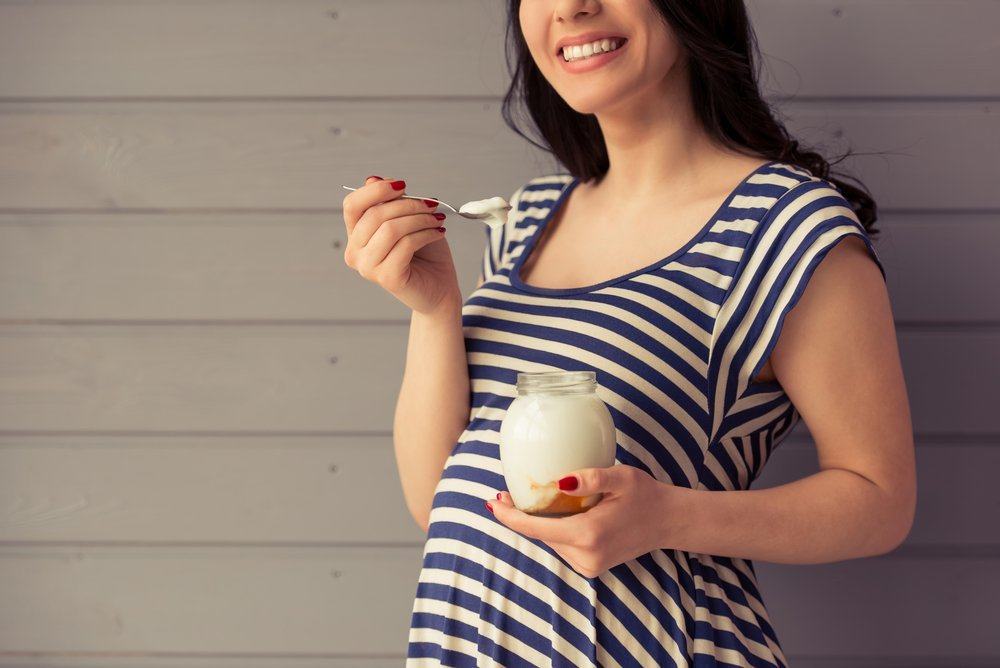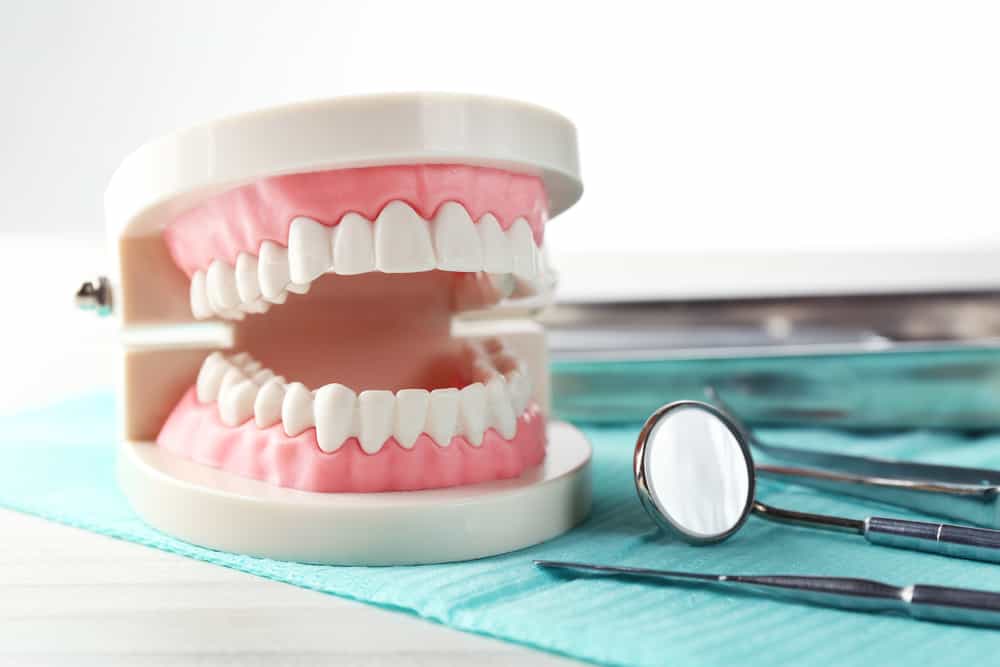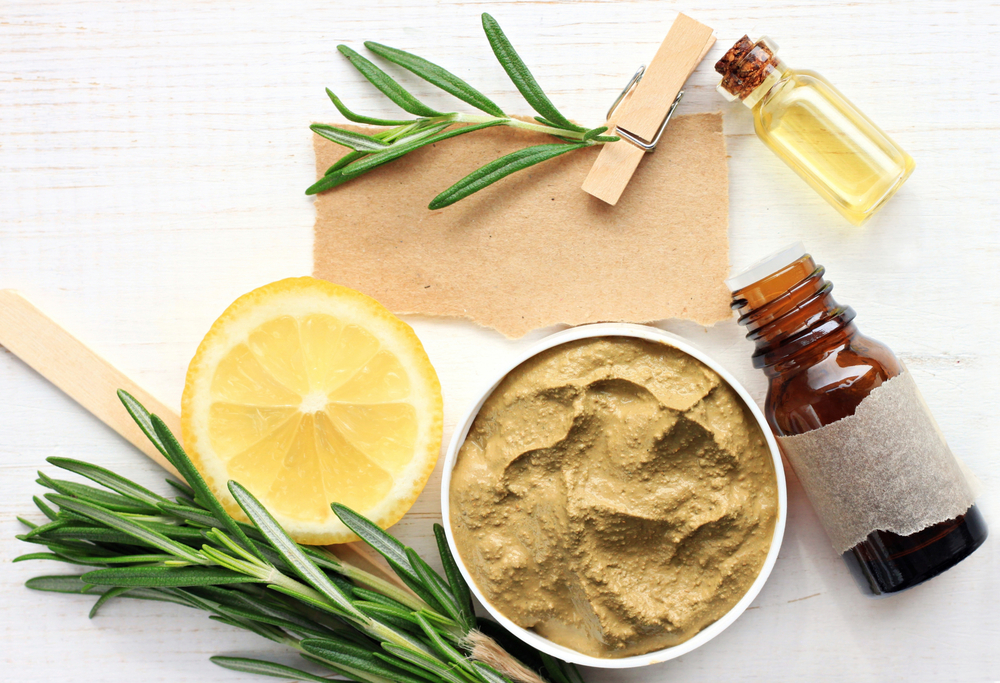Contents:
Medical Video: 6 Signs You Need More Probiotics. This Can Make Enormous Difference To Your Health
The intestine is home to trillions of microorganisms that help regulate digestion, the immune system, and other important aspects of general body health. Taking supplements and high-biotic foods is a good step to support the health of the body of pregnant women and prospective babies.
What is probiotics?
Probiotics are living microorganisms, generally in the form of bacteria similar to bacteria found naturally in the human intestine. The three most common bacteria used as probiotics in food products include Lactobacillus, Bifidobacterium, and Saccharomyces.
Some foods contain natural probiotics, while others have gone through the fortification process to add probiotics during the manufacturing process. Foods containing probiotics include:
- Yogurt and yogurt drink. You billions of bacteria in a serving of fresh yogurt
- Kefir, a probiotic and milk fermented beverage
- Kimchi, a traditional Korean food made from fermented cabbage
- Kombucha, fermented black tea
- Miso and tempeh, which are made from fermented soybeans
- Cucumber pickles
- Several types of cheese, such as Gouda, mozzarella, cheddar, and cottages
Probiotics are also available in supplement form.
Is it safe for pregnant women to take probiotics?
You may be overwhelmed by a million doubts when you hear the word "bacteria", especially when you are pregnant and must be extra careful in sorting out food for the health of the fetus in the womb. Probiotics are dubbed "good bacteria", because these bacteria can compensate for bad bacteria in the intestine, and help maintain a healthy digestive system.
Probiotics from natural food sources and supplements are usually considered safe for consumption during pregnancy. "Considered", because there are many varieties of probiotic bacteria and limited scientific research, therefore probiotics cannot be declared completely safe.
In limited research around the use of probiotics during pregnancy, no association was found with the use of probiotics for miscarriages or any form of birth defects. In addition, reports from Canadian researchers found no association between probiotic use and the chance of Caesarean section, birth weight problems, or gestational age.
It is important to remember that the production and marketing of supplementary products are highly probiotic not regulated by the government. This means it is impossible to know for certain whether the product contains enough prebiotics to have an effect on you or your baby. There is not much research about the benefits and safety of taking probiotic supplements in pregnancy, but the possibility of this supplement is not a problem to consume. Meanwhile, foods that contain natural probiotics can be used as part of a healthy diet, and are safe for consumption during pregnancy.
"There is no specific study out there about which method is better absorption of probiotics: through supplements or food," said Kristi Raja, R.D., spokesman for the Academy of Nutrition and Dietetics, quoted from Daily Burn. However, Raja warns that people who have diseases or health conditions that affect the immune system must be very careful about taking probiotic supplements. In addition, there is no limit on the daily recommendation of probiotic intake. Talk to your obstetrician or midwife before deciding anything.
Probiotic benefits for pregnant women
During pregnancy, the composition and balance of microbiota in the intestine plays an important role not only in maintaining maternal health, but also in building metabolism and immunity of the fetus and providing a healthy digestive foundation for him in the future.
Probiotic benefits for the health of pregnant women
According to a report published in the Journal of Maternal-Fetal and Neonatal Medicine, reported from Live Strong, probiotic intake during pregnancy is known to dramatically reduce the risk of gestational diabetes, decrease fasting glucose, and reduce the risk of preeclampsia (probiotics help reduce inflammation in the intestinal lining, which believed to be able to reduce blood pressure).
The risk of adding excess weight is also reported to be minimal among pregnant women whose diet is enriched by probiotics, when compared to groups of women who do not consume probiotics at all. These results can occur because good bacteria help the body to absorb nutrients faster, convert food into energy, and manage other factors, such as insulin resistance.
Several studies suggest that probiotics can be used to treat yeast infections and bacterial vaginosis (BV) which is common in pregnant women. BV is a vaginal infection that can increase the risk of pregnancy complications such as preterm labor. However, there is not enough research to prove that probiotics treat BV and prevent preterm labor, even when probiotics are compared with antibiotic consumption.
Probiotic benefits for the health of prospective babies
Scientific research also shows that pregnant women who consume enough probiotics help improve baby's health - at least for babies born through normal labor and breast-fed. The baby's intestine is basically sterile until it is then filled with good bacteria in the mother's vagina and ASI, according to an article in the American Journal of Clinical Nutrition.
Probiotics during pregnancy enhance the immune system and the diversity of the baby's intestinal ecosystem. A meta-analysis report published in May 2012 in the journal Epidemiology revealed that the consumption of probiotics during pregnancy and after childbirth reduces the risk of eczema and other allergic phenomena in the future. Babies who are breastfed by mothers who complete their daily diet with probiotics during pregnancy also have lower levels of diarrhea, colic, and constipation problems between the ages of 2 and 6 months.












